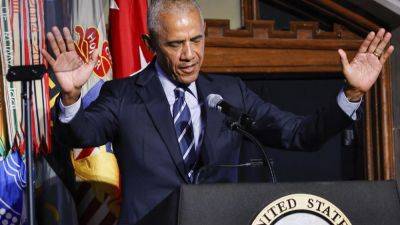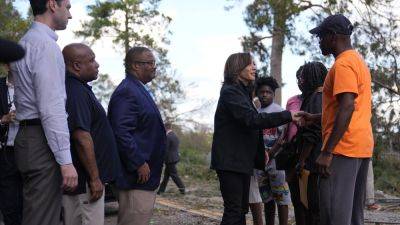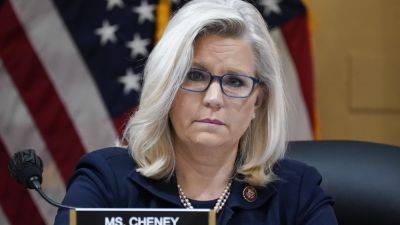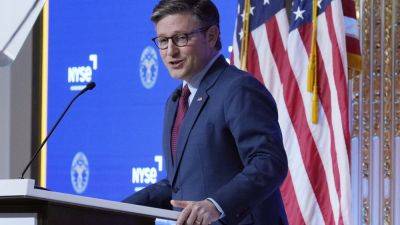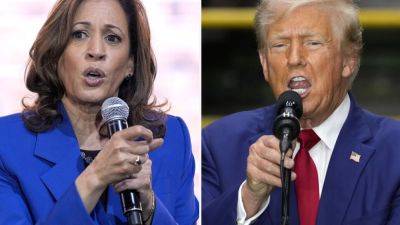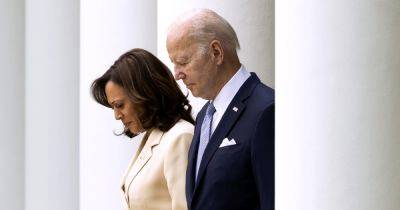Kamala Harris and the Influence of an Estranged Father Just Two Miles Away
Kamala Harris recalled a childhood memory of her father in her convention speech two months ago, when she said he exhorted her in an unnamed park to “Run, Kamala, run. Don’t be afraid. Don’t let anything stop you.”
It evoked a golden moment between a father and his older daughter and seemed a tribute to what he had helped her become. The reality is a great deal more complicated.
Donald J. Harris, 86, a distinguished economist, lives with his second wife only two miles from the vice president’s official residence in Washington, yet he has been estranged for years from his daughter and the two seldom speak. Ms. Harris’s convention speech was a rare instance when she named her father publicly — a striking contrast to the praise she showers regularly on her mother, Shyamala Gopalan Harris, a biomedical scientist who died in 2009.
To the extent that Dr. Harris has been mentioned during his daughter’s presidential campaign, it is Ms. Harris’s detractors who have brought him up.
“Her father’s a Marxist professor in economics,” former President Donald J. Trump said derisively during his debate with Ms. Harris last month. “And he taught her well.”
Interviews with more than a dozen friends and former colleagues of Dr. Harris reveal two notable themes. First, Ms. Harris’s father, a Jamaican-born emeritus professor of economics at Stanford University, has been a critic of mainstream economic theory from the left but is hardly a Marxist.


